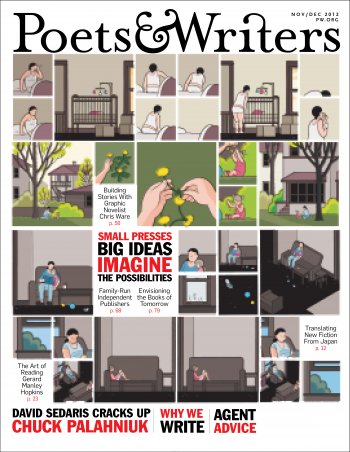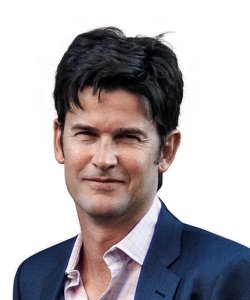
Our annual Independent Publishing Issue features a special section on a new generation of small presses that is changing the way we think about books, plus a profile of novelist Louise Erdrich, an interview with graphic novelist Chris Ware, an essay on backstory by Benjamin Percy, practical advice from agent Rebecca Gradinger, and more.











